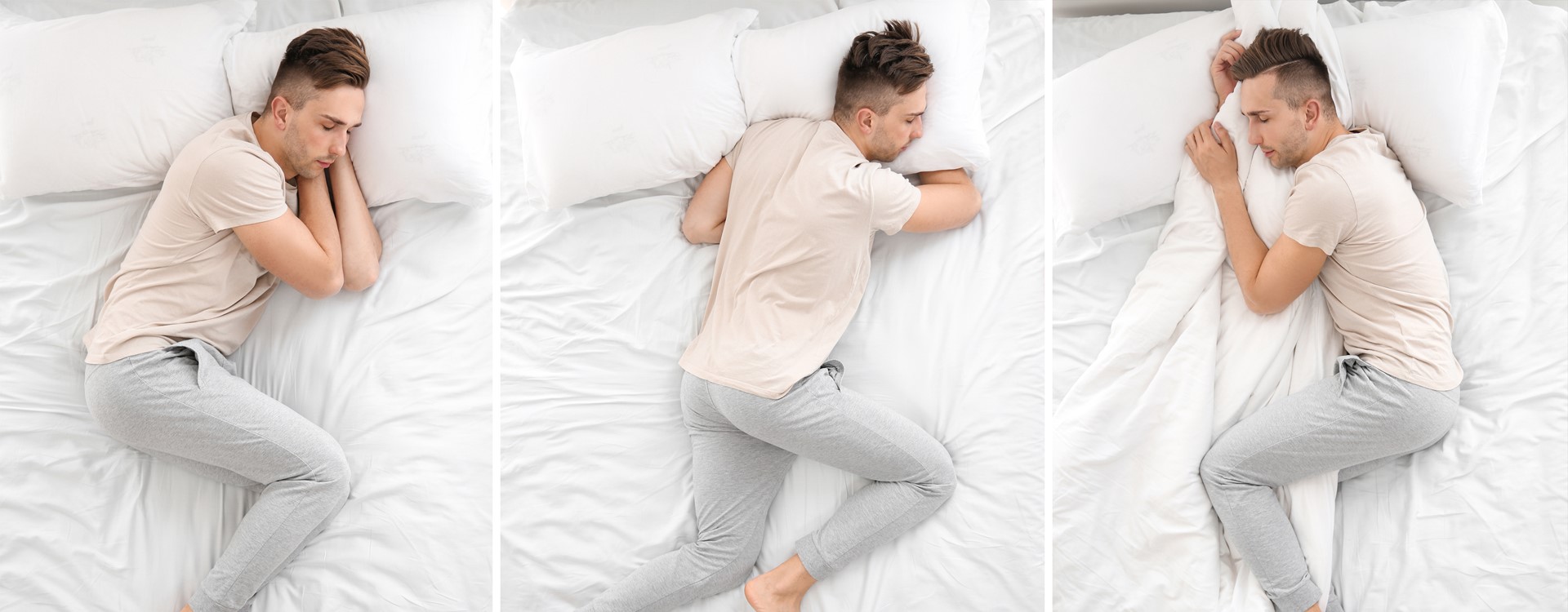
We spend roughly a third of our lives asleep. That’s about 25 years for the average person.
Most adults need between 7–9 hours of sleep each night, yet many of us fall short. Sleep is far more than “downtime”. It’s a fundamental biological process, as essential as eating, drinking, and breathing.
When we sleep, our body switches into recovery mode. Muscles repair, tissues regenerate, and our immune system strengthens. The brain processes and consolidates memories, clears out waste products, and restores emotional balance. Without enough quality rest, both our mental sharpness and physical health begin to suffer.
Sleep is closely linked to the balance between two branches of your autonomic nervous system:
The Sympathetic Nervous System – often called the “fight or flight” response. It keeps you alert and ready to act in stressful situations, increasing heart rate, blood pressure, and muscle tension.
The Parasympathetic Nervous System – known as the “rest and digest” system. It slows the heart rate, relaxes muscles, and promotes digestion, repair, and recovery.
For deep, restorative sleep to happen, the parasympathetic system needs to take the lead. This allows your body to lower stress hormones, release muscle tension, and focus energy on healing and maintenance.
However, when pain is present, the body may stay in a heightened sympathetic state. This can make it harder to relax, fall asleep, and stay asleep — creating a cycle where poor sleep makes pain worse, and pain makes sleep harder.
Why Sleep Matters So Much
Good-quality sleep:
Boosts mood, focus, and productivity
Enhances learning and memory
Strengthens the immune system
Supports muscle recovery and tissue repair
Helps regulate appetite and metabolism
Reduces stress and supports emotional well-being
On the flip side, poor sleep can lead to irritability, slower reaction times, increased injury risk, lowered immunity, and in the long term, can contribute to more serious health issues like heart disease, diabetes, and depression.
When Pain Gets in the Way of Rest
At Edge Osteopathy, we often see patients whose sleep is disrupted by pain. Whether it’s a sore back, neck stiffness, aching joints, or muscle tension, discomfort can make it difficult to find a comfortable position, leading to frequent waking and restless nights.
When pain interrupts the sleep cycle, it can create a vicious loop: lack of rest slows the body’s natural healing, which can then prolong or worsen the discomfort — which in turn leads to more sleep disruption.
You Don’t Have to Put Up With Sleepless Nights
If pain is disturbing your sleep, it’s important to seek help from your GP or a qualified manual therapist, such as an osteopath. Through tailored treatment — which may include gentle joint mobilisation, soft tissue techniques, stretching, and postural advice — we can help reduce pain, improve mobility, and support better sleep quality.
Practical Tips for More Comfortable Sleep
Find your ideal sleep position – Experiment with pillow placement to support your neck, lower back, or knees.
Invest in the right mattress and pillow – These can make a huge difference in spinal alignment and pressure relief.
Wind down before bed – Gentle stretches, warm baths, or relaxation breathing can prepare your body for rest.
Keep a consistent sleep routine – Going to bed and waking up at the same times helps regulate your body clock.
Address pain early – Don’t wait until you’re exhausted to seek treatment; early intervention can break the pain–sleep cycle.
The Bottom Line
Sleep is not a luxury — it’s a necessity. If pain is stealing your rest, it’s time to address the root cause. With the right support and treatment, you can improve your comfort, restore healthy sleep patterns, and wake feeling ready for the day ahead.
To book an appointment with us, you can call 246111 or book online using the link above
-
https://www.mentalhealth.org.uk/blog/importance-sleep
https://www.sleepfoundation.org/how.../why-do-we-need-sleep
Latest